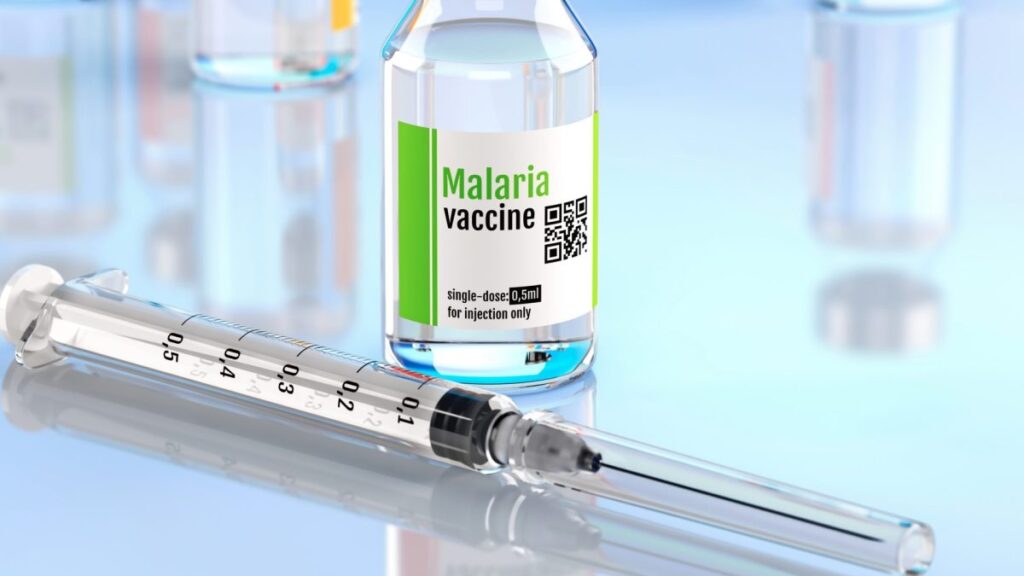WHO Recommends Second Malaria Vaccine, R21/Matrix-M, to Save Children’s Lives

The World Health Organization (WHO) made a significant announcement on Monday, recommending the adoption of a second malaria vaccine for children known as R21/Matrix-M. This groundbreaking vaccine, developed by Oxford University in the United Kingdom and manufactured by the Serum Institute of India, represents a crucial step forward in the battle against malaria. With nearly half a million children succumbing to the disease each year in the African region alone, this new vaccine has the potential to save hundreds of thousands of lives and address a substantial supply and demand gap.
WHO Director-General, Dr. Tedros Adhanom Ghebreyesus, expressed his excitement about the development, stating, “As a malaria researcher, I used to dream of the day we would have a safe and effective vaccine against malaria. Now we have two.” Notably, the first recommended malaria vaccine, RTS,S, produced by the British pharmaceutical giant GSK, was endorsed by WHO in 2021 to prevent malaria in children residing in areas with moderate to high malaria transmission.
Demand for the RTS,S vaccine has consistently outstripped supply, prompting the recommendation of the R21/Matrix-M vaccine as an essential additional tool to protect more children quickly. Dr. Tedros emphasized that this move brings the world closer to the vision of a malaria-free future.
Both vaccines boast similar efficacy rates, standing at approximately 75% when administered under similar conditions. Importantly, the cost-effectiveness of the new R21/Matrix-M vaccine aligns with other childhood vaccines, with a single dose estimated to cost between $2 and $4.
Malaria remains a high-risk concern, affecting nearly half of the world’s population, with the majority of cases and fatalities occurring in Africa. Pilot programs introducing the RTS,S vaccine in Ghana, Kenya, and Malawi since 2019 have witnessed over 1.7 million children receiving at least one dose, leading to a substantial reduction in severe and fatal malaria cases and a decrease in child mortality.
Dr. Matshidiso Moeti, the WHO’s regional director for Africa, underscored the potential impact of the new vaccine for the continent. She noted that, when scaled up and widely deployed, these two vaccines could significantly bolster malaria prevention and control efforts, saving countless young lives from this deadly disease.
Furthermore, the WHO revealed that at least 28 African countries plan to incorporate the WHO-recommended malaria vaccine into their national immunization programs. The rollout of the RTS,S vaccine is scheduled for early 2024, while the R21 vaccine is expected to be available by mid-2024. Additionally, WHO issued recommendations for new vaccines targeting dengue and meningitis, as well as guidance on immunization schedules and product recommendations related to Covid-19. These efforts collectively signify a pivotal moment in the global fight against infectious diseases.



